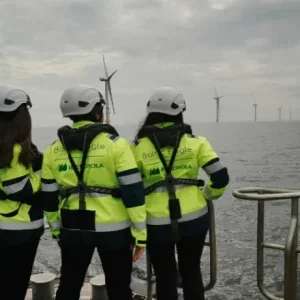The new Maritime Energy Test Bed will conduct research to develop alternative sources of energy or clean fuels, fuel additives to increase energy efficiency in shipping.
This will help in meeting the regulations that will be imposed on ship emissions and energy efficiency standards in the near future.
This $8m facility will house a 1.5MW diesel ship engine that runs on conventional liquid fuel types such as biodiesel, gas-to-liquid, and synthetic diesel. It will also feature advanced sensors and monitoring devices to support research in energy storage, noise pollution, and waste heat recovery.
Maritime and Port Authority of Singapore CEO Andrew Tan said: "The fruition of the Maritime Energy Test Bed represents a successful collaboration between the research sector and the industry, and is a timely development as the maritime sector looks to green and sustainable technologies to save on costs, mitigate the effects of climate change and address growing environmental regulations."
The facility is being jointly funded by NTU and the Singapore Maritime Institute (SMI).
Of the total funding, around $4.7m will be provided by SMI over the next 10 years, while NTU will provide $3.4m, with support from other maritime leaders such as ClassNK.
NTU chief of staff and vice president for Research, Lam Khin Yong said: "The maritime industry is a crucial economic pillar carrying about 90 per cent of the world’s trade.
"This new facility puts NTU at the forefront of global maritime energy research, developing sustainable maritime energy solutions and raising Singapore’s maritime R&D capabilities and expertise."
Though shipping is the most fuel-efficient mode of freight transportation, ships release harmful atmospheric pollutants as they use low-quality fuel, especially heavy fuel oil.






